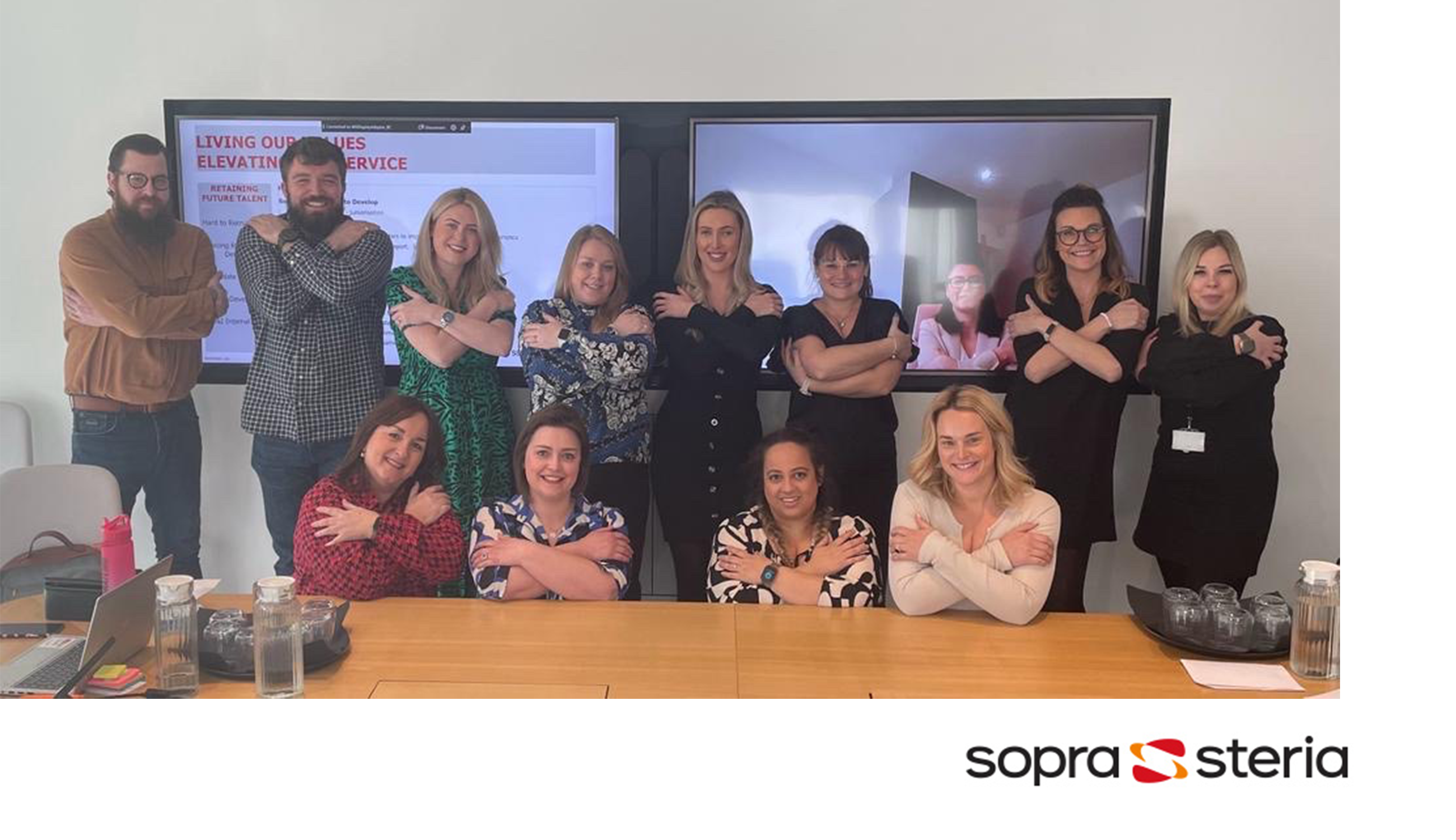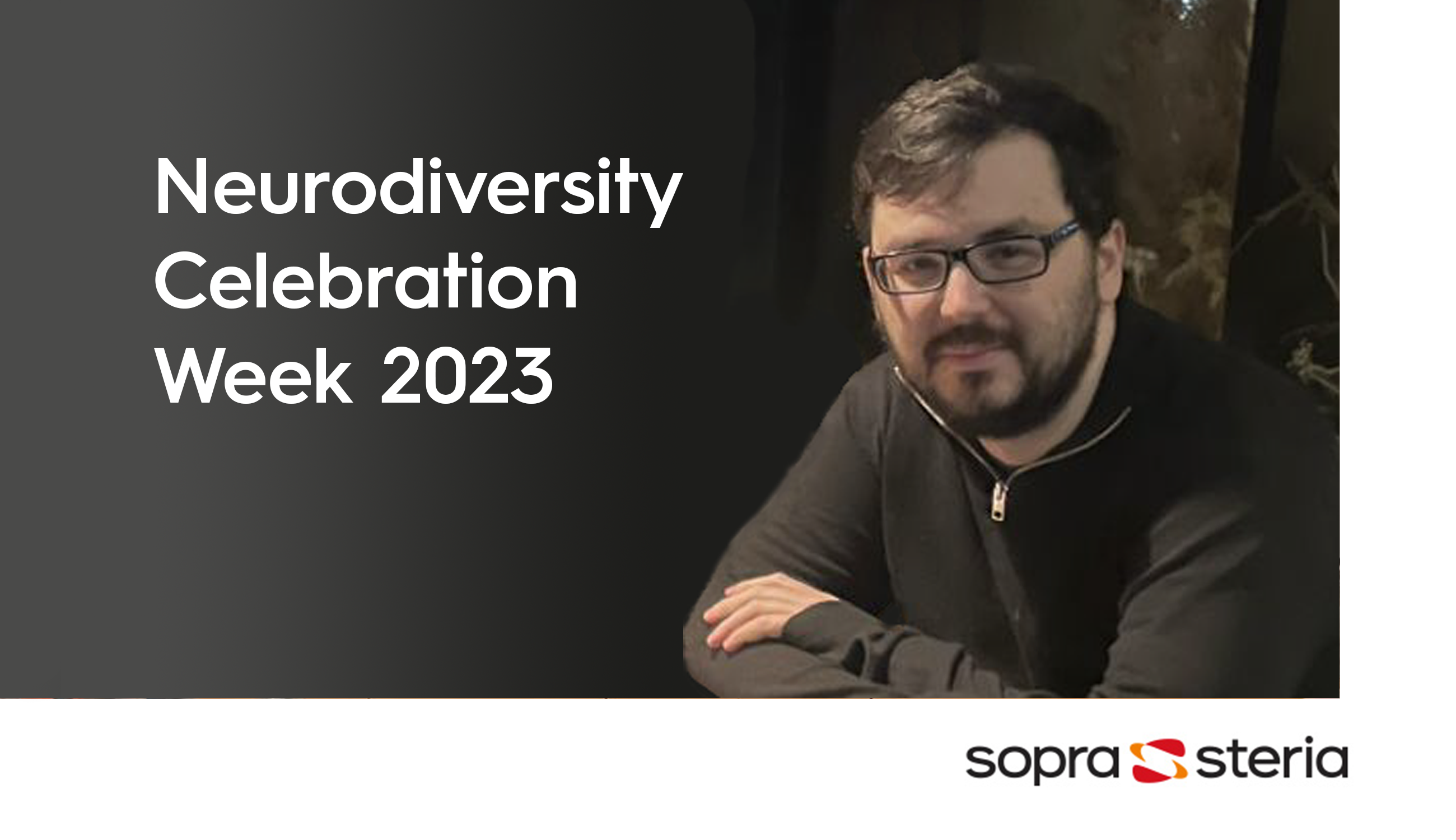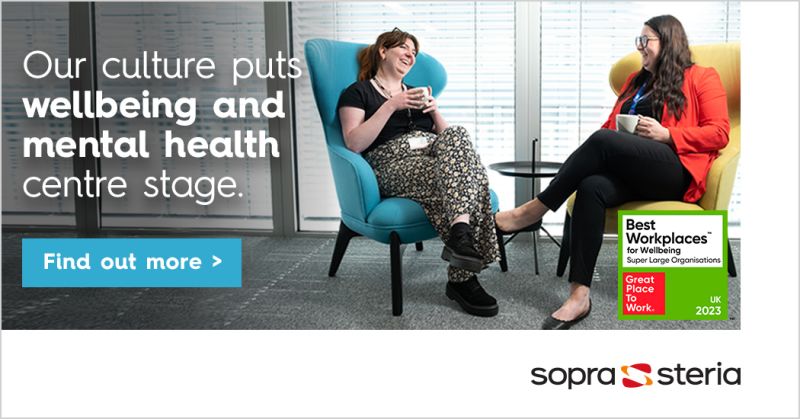
A recent survey conducted by the charity Pregnant Then Screwed, reported that almost a quarter (24%) of women who told their boss about their fertility treatment did not receive any support at work.
In vitro fertilization (IVF) can place an emotional, physical and financial stress on women. It is time consuming, expensive and isolating, and according to a new study by Pregnant Then Screwed, which can lead to women feeling like they are being punished by their employers for trying to become a parent.Even though some employers are demonstrating positive progress in this area, unfortunately many women with reproductive health issues are not given sufficient support in the workplace. According to the study, 42% of women who were going through fertility treatment told their boss and of those, one in four (24%) didn’t receive any support from their employer, and another 24% said they experienced unfair treatment as a result.
Joeli Brearley from Pregnant Then Screwed said many women are facing similar struggles. She said that “We are seeing an increasing number of calls to our helpline from women who experience discrimination in the workplace as a result of reproductive health issues.”
In addition, the report showed that more than a third (36%) of women felt their career was damaged as a result of fertility treatment and the majority (58%) were concerned that fertility treatment would impact their career prospects. The research also found that almost a third of women who have experienced pregnancy loss (29%) informed their employer and one in five (22%) of these women subsequently reported unfair treatment. In contrast, only 6% of partners who told their boss about their loss faced negative treatment. This further highlights how being transparent with regards to fertility treatment and pregnancy can be detrimental to women’s careers.
It is clear that change is needed, and that employers need to do more to provide workplace support to women experiencing such health issues. As with many things, the first step is education. Indeed, Geeta Nargund, director of CREATE Fertility highlighted the importance of training, communication and support for women going through fertility treatments, as well as providing clear policies to support women, which could allow for flexible working and counselling and family planning support.
“Going through the unknowns of fertility treatment, or the utter heartbreak of baby loss, can be excruciating for many women. That pain and emotional trauma is compounded by hostile employers who discriminate against women for wanting a baby.

.png)






